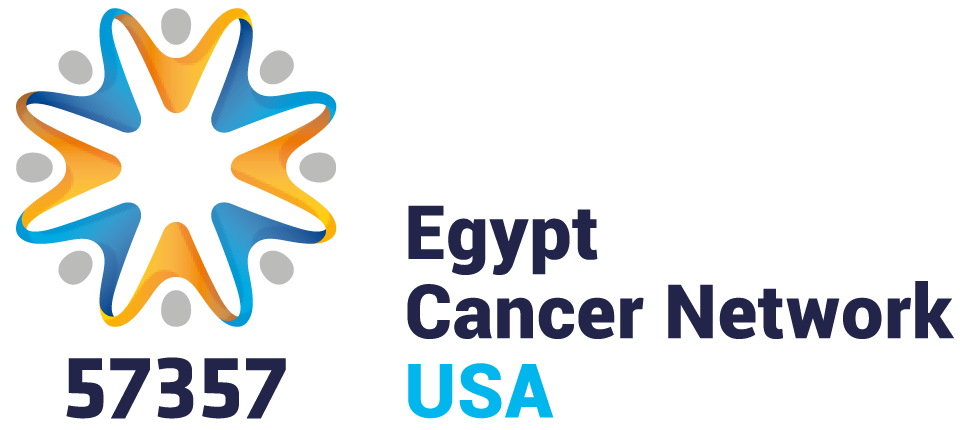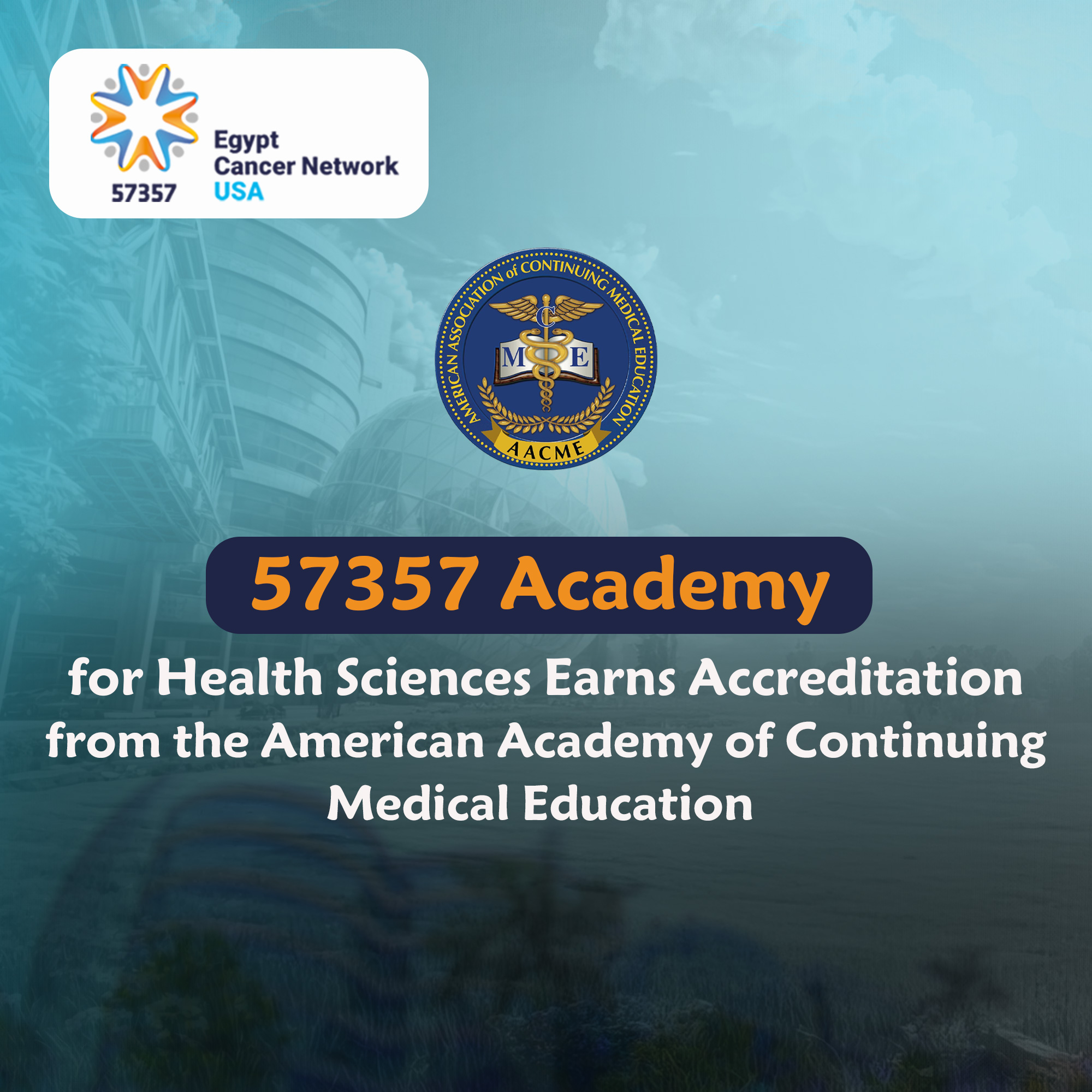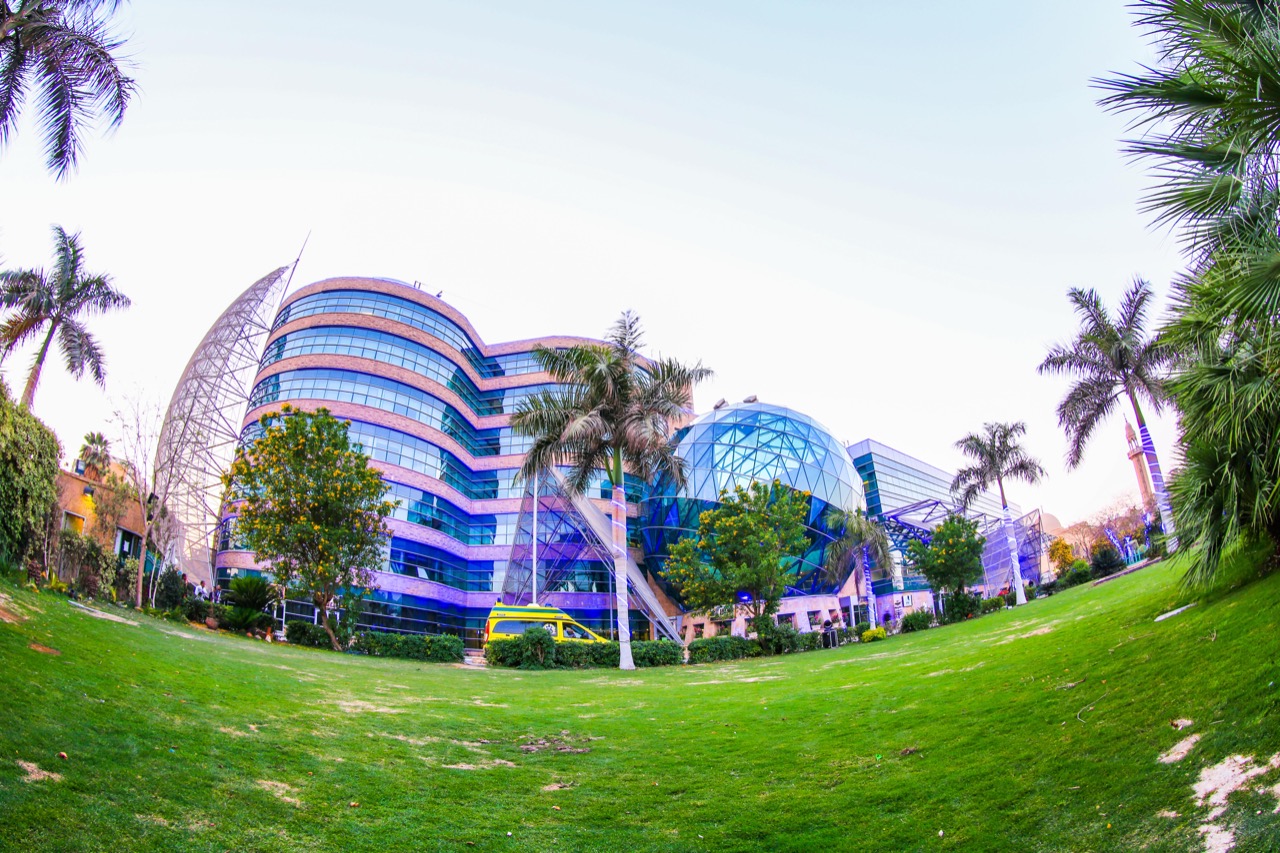A systematic review
Researchers at Children’s cancer Hospital 57357 conducted a systematic study to evaluate drugs used in treating acute leukemia relapse by linking their effectiveness to their economic cost.
The study was published in Expert review of hematology magazine with an impact factor of 2.8 that was conducted in collaboration with the University of Oxford and St Jude’s Hospital.
According to Dr. Ranin Suleiman, principal investigator, the study presented an analytical systematic review of all published research on leukemia recurrence drugs in terms of the link between efficacy and economic cost.
The study targeted two of the most dominant types of leukemia, acute myeloid leukemia and acute lymphocytic leukemia, where their occurrence rate accounts for 30%-40% of all types of childhood cancer, and cure rates in the event of a recurrence of the disease are significantly reduced.
The results of the study found that CAR-T cell therapy is the best treatment in terms of effectiveness, despite the significant rise in its cost, which reaches $ 400,000 per patient, and also found that it achieves high recovery rates in the near term, but has not been tried in the long term.
Chimeric antigen receptor (CAR) T-cell therapy is a way to get immune cells called T cells (a type of white blood cell) to fight cancer by changing them in the lab so they can find and destroy cancer cells.
This treatment is followed in terms of effectiveness by two other drugs, Blinatumomab and Clofarabine, while chemotherapy provides lower cure rates, at a lower cost.
The research was conducted under the supervision of Dr. Alaa Al-Haddad, Head of the Department of Pediatric Oncology and Marrow Transplantation.
.



 Donate Now
Donate Now

